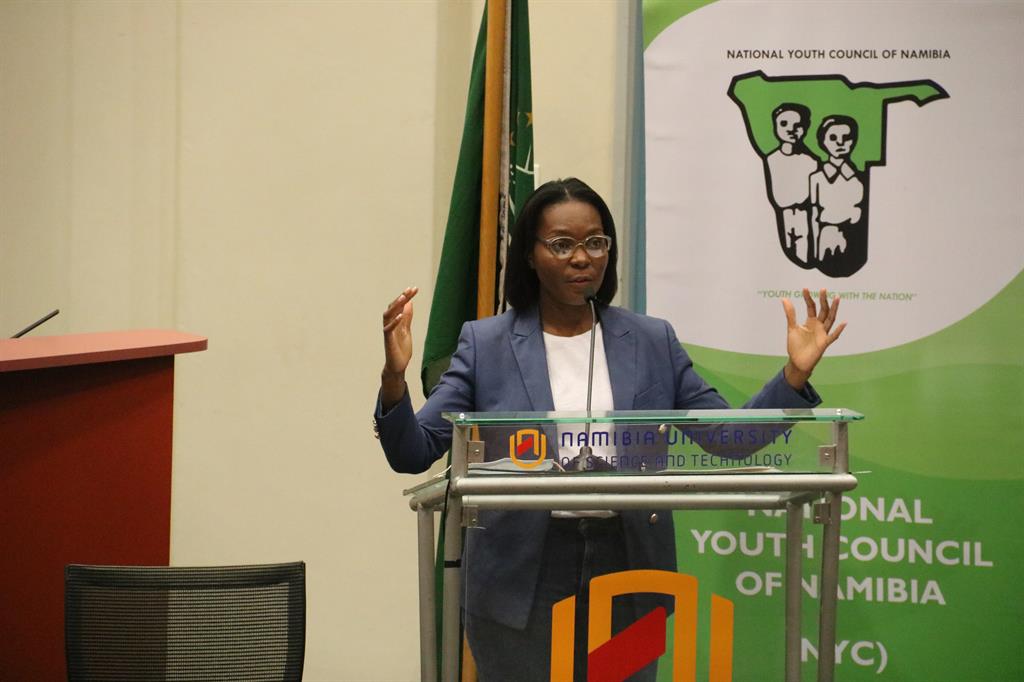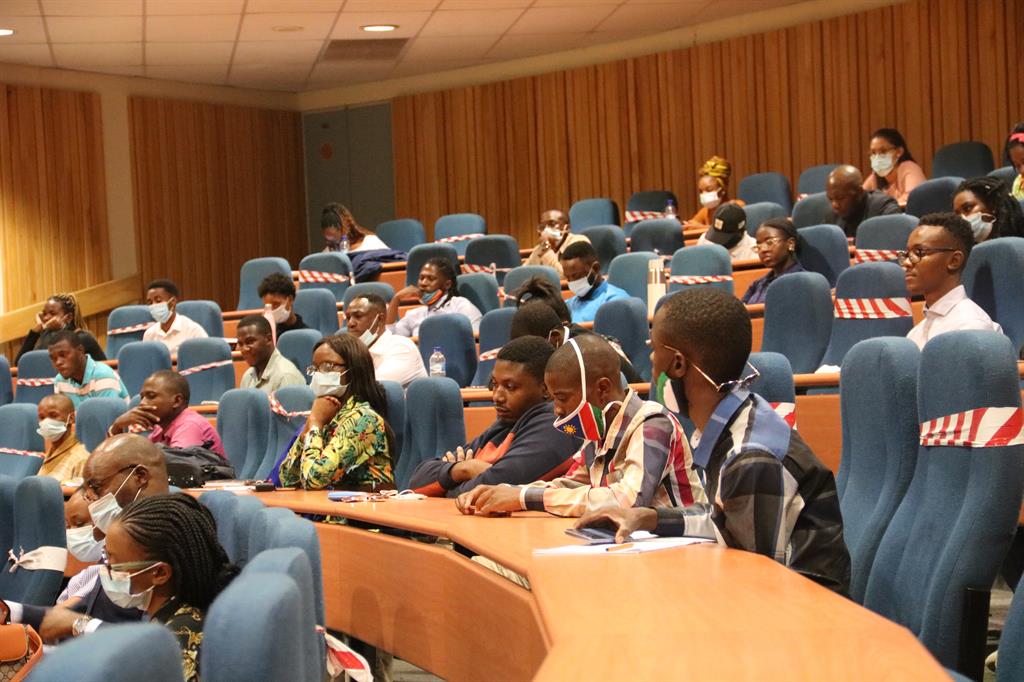Setting a new youth agenda
The National Youth Council of Namibia facilitated a discussion on key issues to provide a platform for the youth to voice their concerns and engage in discussion.
Mariselle StofbergOn Wednesday, 24 March, the National Youth Council of Namibia (NYC) hosted a youth discussion on the economic recovery plan, the national budget and the Harambee Prosperity Plan 2.0.
This event also included a panel discussion with Inna Hengari, a member of Parliament, Daisry Mathias, the presidential advisor on youth matters and enterprise development, Salomo Hei, the non-executive director of the Namibia Statistics Agency, and Emphraium Nekongo, the Swapo Youth League secretary.
Sharonice Bush, the executive chairperson of the NYC, said this was the first panel of its kind hosted by the newly elected council, but added that it’s just the beginning of many more.
“Our aim is to ensure that the decisions that are made on our behalf are informed by us, and that we come together as youth on a national level. We want to ensure that our message is carried out and that the nation knows what our aspirations as the NYC are,” she said.
Mathias highlighted that many of the challenges currently faced within the economy were present before the outbreak of Covid-19, but that the pandemic accelerated and exasperated these issues.
“We had inadequate employment, even at the best times when we enjoyed a 5 to 5.5% economic growth. We also saw a high rising youth unemployment rate that escalated from 33% to 36% and now we have a 43% of broad unemployment being young people,” she added.
“We also had falling employment in key industries that employ a lot of young people which include agriculture, manufacturing - that was going through a deindustrialisation, construction that contracted significantly and after Covid-19 our tourism industry has seen that same fate,” she said.
Mathias further highlighted how the national budget for the new financial year has shown greater sums being invested in the youth.
Lack of opportunities
One of the key areas touched on during the discussion was how the current systems are failing the youth by not creating opportunities for them to thrive and be successful.
Hengari also touched on how Covid-19 has exposed not only the fragile sectors within the economy, but also the problems within government and government structures, especially pertaining to the youth, job creation and sustainability.
“We have been taking learners to schools and tertiary institutions, but the question remains that when these learners finish with school, where do they go? Yes, you graduate, but you graduate into the streets of unemployment, and that is the real issue,” she said.
“Did we derive the desired outcome from previous fiscal policy positions the government took? Your spending should follow value. There should be a value chain, and we need to see value being added by measures taken,” Nekongo said.





Comments
My Zone
No comments have been left on this article